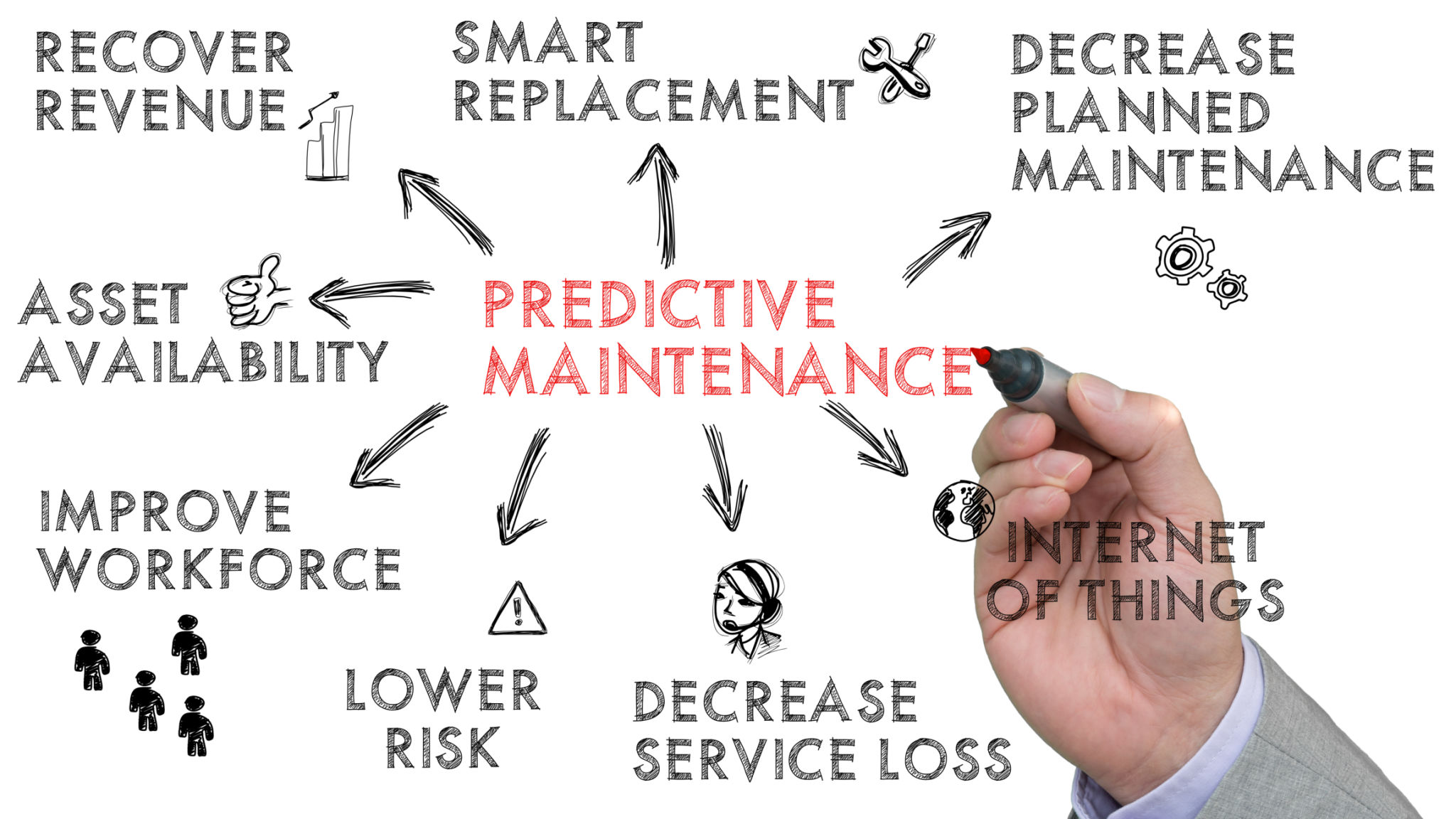Expert Tips for Optimizing Maintenance Schedules in the Electrical Industry
fp
Understanding the Importance of Maintenance Schedules
In the electrical industry, maintenance schedules are critical to ensuring the safety, efficiency, and longevity of electrical systems. Regular maintenance not only helps in preventing unexpected failures but also extends the lifespan of equipment. By optimizing maintenance schedules, businesses can save time and resources while enhancing overall operational performance.
Implementing a well-structured maintenance schedule requires a comprehensive understanding of all system components and their respective needs. This understanding forms the basis for establishing a routine that addresses potential issues before they become major problems.

Conducting a Thorough Systems Audit
To optimize maintenance schedules effectively, a thorough audit of existing systems is essential. This involves assessing each component and identifying areas that require frequent attention. A systems audit helps in pinpointing weaknesses and vulnerabilities that could lead to significant downtimes if not addressed timely.
During the audit, it's crucial to gather historical data on equipment performance and past maintenance activities. This data serves as a valuable resource for predicting future maintenance needs and adjusting schedules accordingly.
Implementing Predictive Maintenance Technologies
Modern technology offers innovative solutions like predictive maintenance that can revolutionize the way maintenance schedules are managed. Predictive maintenance involves using data analytics and IoT devices to monitor equipment conditions in real-time. By doing so, potential failures can be anticipated, allowing for timely interventions.
Adopting predictive maintenance not only optimizes schedules but also reduces unnecessary inspections and repairs, ultimately lowering operational costs. This proactive approach ensures that maintenance activities are conducted based on actual needs rather than fixed intervals.

Prioritizing Safety and Compliance
Safety is paramount in the electrical industry, making it vital to integrate safety checks within maintenance schedules. Regular inspections should be conducted to comply with industry regulations and standards. Ensuring that all equipment meets safety requirements protects both personnel and infrastructure.
Compliance with regulations also involves keeping detailed records of all maintenance activities. These records are crucial during audits and inspections, demonstrating adherence to safety protocols and operational standards.
Utilizing a Centralized Maintenance Management System
A centralized maintenance management system can significantly enhance the efficiency of scheduling and execution of maintenance tasks. Such systems provide an organized platform for tracking maintenance activities, scheduling tasks, and managing resources efficiently.
- Track all equipment and their respective maintenance needs.
- Automate scheduling and notifications for upcoming tasks.
- Facilitate communication among team members and departments.
Training and Involving the Workforce
The success of any optimized maintenance schedule relies heavily on the workforce executing it. Providing regular training ensures that staff are knowledgeable about the latest technologies and best practices in maintenance procedures.
Involving employees in the planning process fosters a sense of ownership and accountability. Encouraging feedback from technicians can lead to valuable insights for further optimizing schedules and improving workflow.

Continuous Improvement through Feedback and Analysis
Optimization is an ongoing process that benefits greatly from continuous feedback and analysis. After implementing a new schedule, it's important to review its effectiveness regularly. Collecting data on performance outcomes enables businesses to make informed adjustments to the scheduling process.
An iterative approach ensures that maintenance strategies evolve alongside technological advancements and changing operational needs, maintaining high standards of efficiency and reliability.
Conclusion
Optimizing maintenance schedules in the electrical industry is a multifaceted task that requires careful planning, technology adoption, and workforce engagement. By following these expert tips, businesses can enhance their operational efficiency while ensuring safety and compliance. Embracing continuous improvement will keep maintenance practices at the forefront of industry standards.